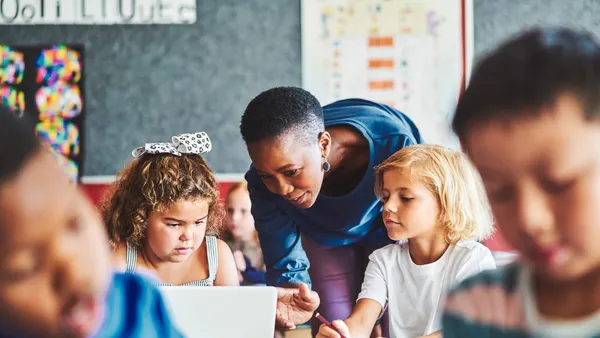Dive Brief:
- Research on video games is showing positive correlations between games and learning, with students finding the use of gamification stimulating and motivating, eSchool News reports.
- Additionally, the encouragement of multitasking and quick decision-making has helped students think creatively and better address unexpected events. Video games have also been shown to boost multitasking and learning ability by stimulating the brain's frontal lobe cognitive functioning — though negative consequences like gaming addiction and distraction from school work persist.
- Some of the ongoing research in the field includes a Bill and Melinda Gates Foundation-funded effort to design and test two educational games aimed at helping eighth-graders develop SEL skills around kindness and compassion, as well as an effort led by the University of Buenos Aires' Mariano Sigman to develop brain training games that improve executive functioning in low-income students.
Dive Insight:
Long seen as distractions or encouraging negative behavior, video games have come into their own as educational tools in recent years. In K-12, Minecraft has received particular attention for its creative and social-emotional applications. More generally, well-designed educational games offer students the ability to interact with a simulated real-world experience, seeing the consequences of their actions in a controlled environment where they can experiment without risk. That latter point is particularly important, as games can help mitigate the fear of failure, encouraging students to try again until they succeed.
But as with all tech tools, the key is in using educational games as a means to an end and not an all-purpose solution. Educators incorporating game-based elements into their lesson plans must be adequately trained on how to effectively do so, lest their efforts create a distraction rather than a helpful supplemental component to the classroom.










